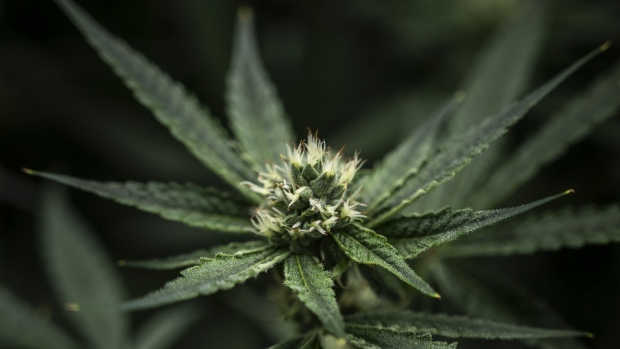Jun 27, 2024
Majority of Thais Back Plan to Label Cannabis as Narcotics Again
, Bloomberg News

(Bloomberg) -- An overwhelming majority of participants in a Thai government survey have backed the Southeast Asian nation’s plan to reclassify cannabis as a narcotics to prohibit its recreational use.
At least 80% of the 111,201 respondents supported a draft plan to once again label marijuana as a “category five” from next year, according to Health Minister Somsak Thepsutin. The Food and Drug Administration gathered public feedback to the draft regulation between June 11 and 25.
Thailand, which became the first country in Asia to decriminalize use of cannabis two years ago, took a policy u-turn earlier this year with Prime Minister Srettha Thavisin ordering steps to limit its use for medical and health purposes. The move followed concerns about the social and health impacts, especially on children and youth, from a mushrooming of weed dispensaries across the country.
The use of cannabis for recreational purposes has been found to damage brain development and lead to depression and suicide, Somsak said earlier this month. About 40% of young Thais with heroin addictions originally started with cannabis, according to him.
Under the new rules, cannabis buds will be categorized as a narcotics while the use of various other parts of the plant, including roots and leaves, will remain legal. The government will review the public feedback before sending the draft regulation for the approval of the Narcotics Control Board, Somsak said Wednesday.
Cannabis advocacy groups and businesses have voiced their opposition to the policy volte-face, staging rallies and threatening a legal challenge against the premier.
“Business operators don’t have an issue with” the new rules, Somsak said. “It’s those wanting recreational use that have a problem.”
Former prime minister Prayuth Chan-Ocha’s administration decriminalized cannabis in 2022 to free up the plant for medicinal use and as a cash crop.
Almost 8,000 dispensaries and a large number of consumer-agro firms have cropped up across Thailand, selling everything from cannabis buds to oil extracts and weed-infused candy to baked goods. Under current decriminalization laws, cannabis products must not contain more than 0.2% tetrahydrocannabinol — the psychoactive compound that provides a “high” sensation — to be considered legal.
©2024 Bloomberg L.P.







